How to maintain brick paver
The beautiful outdoor space that may be a patio, or a stone walkway is a natural extension of your adorable house. If it is cleaned regularly, it is pleasing to the eye. That is why the patio deserves the same amount of care as your home interiors. Unsealed interlocking pavers and stones tend to stain, fade, and lose the sand. They often develop weeds. With proper paver maintenance and sealing your walkway will have a long-lasting and lovely life and appearance.
Knowing the secrets to maintaining bricks will let you keep them looking neat and stunning. Paver brick maintenance is simple and takes some minutes daily, a bit of labor and a couple of days for cleaning and renovating every year. Read on to learn how to care for a paver patio and explore tips to keep them robust and dazzling for years.
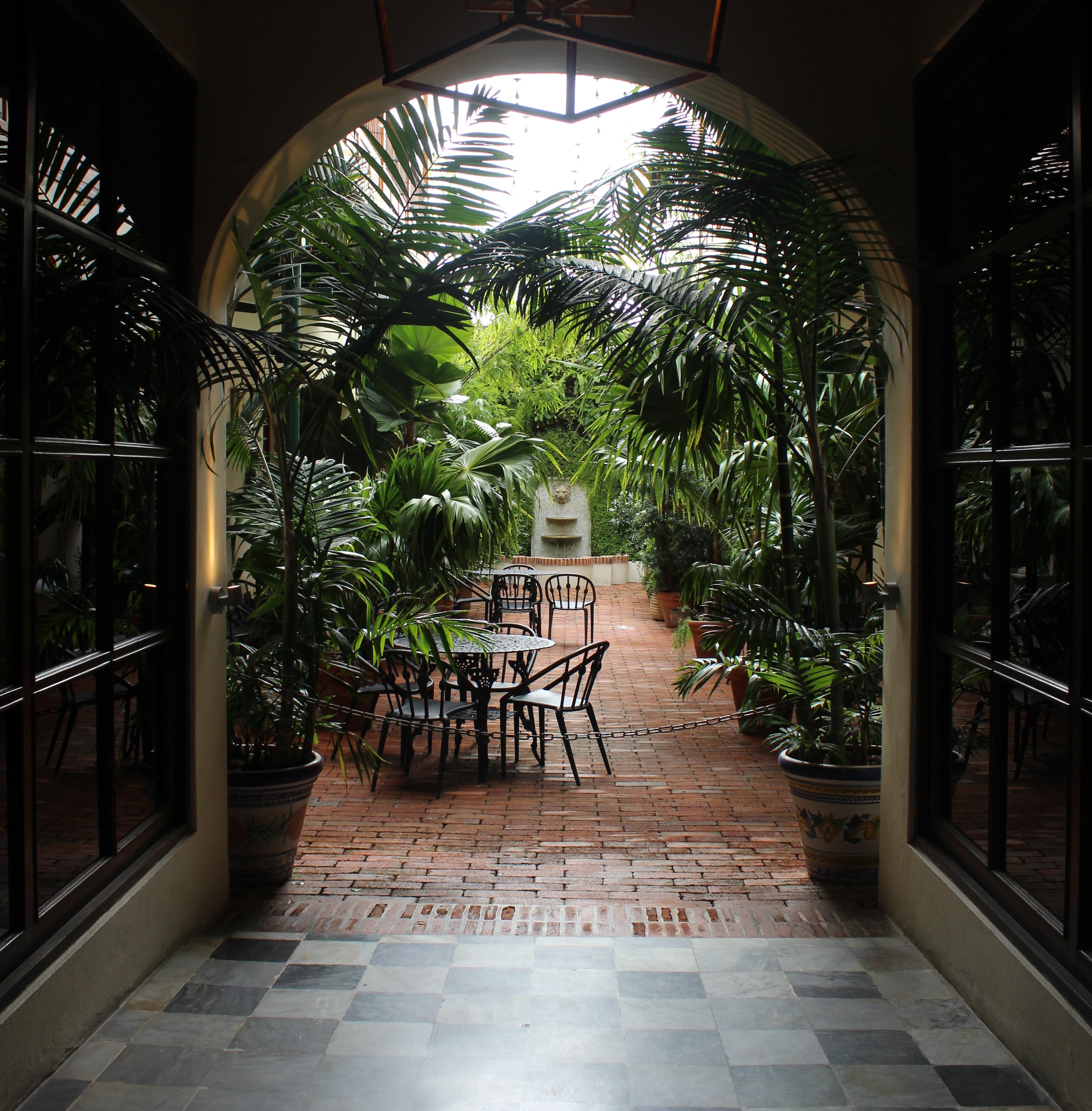
Seal
Paving stone coating may be restored to its previous beauty. Sealing it is undoubtedly among the best working ways to maintain it. Such care will help protect the material from the outdoor elements. Normally, you have to reseal them once in one or two years, particularly if your pavers are constantly used as a driveway.
A surefire benefit of proper paver stone sealing is that you will only need to rinse regularly with a garden hose after the treatment. Consequently, your patios will shine like new ones again.
How to Seal Concrete Pavers
Here is how to prepare for the sealing process and what to do next.
-
Check if the bricks’ surface is dry, and the rain isn’t expected the next day.
-
Sweep with a decent broom to clean the paver surface and get rid of debris and stains.
-
Pull out any weeds that you see between the bricks.
-
Now apply the sealer using a low-pressure sprayer, by covering the whole walkway surface.
-
Use a wiper to locate material into the joints and remove excess material from their surface.
-
Next, let the patio surface dry for a few hours before you walk on it.
-
If in doubt, refer to skilled contractors' assistance after the paver building process.
-
To retain the materials’ high quality for a longer-term, pavers may be resealed periodically.
Typically, sealers need to be reapplied once in 3-5 years. You may consult a landscape contractor to estimate the driveway’s condition. Besides, if the landscape servicer sealed your bricks when initially built, they know what sealer to use for subsequent maintenance.
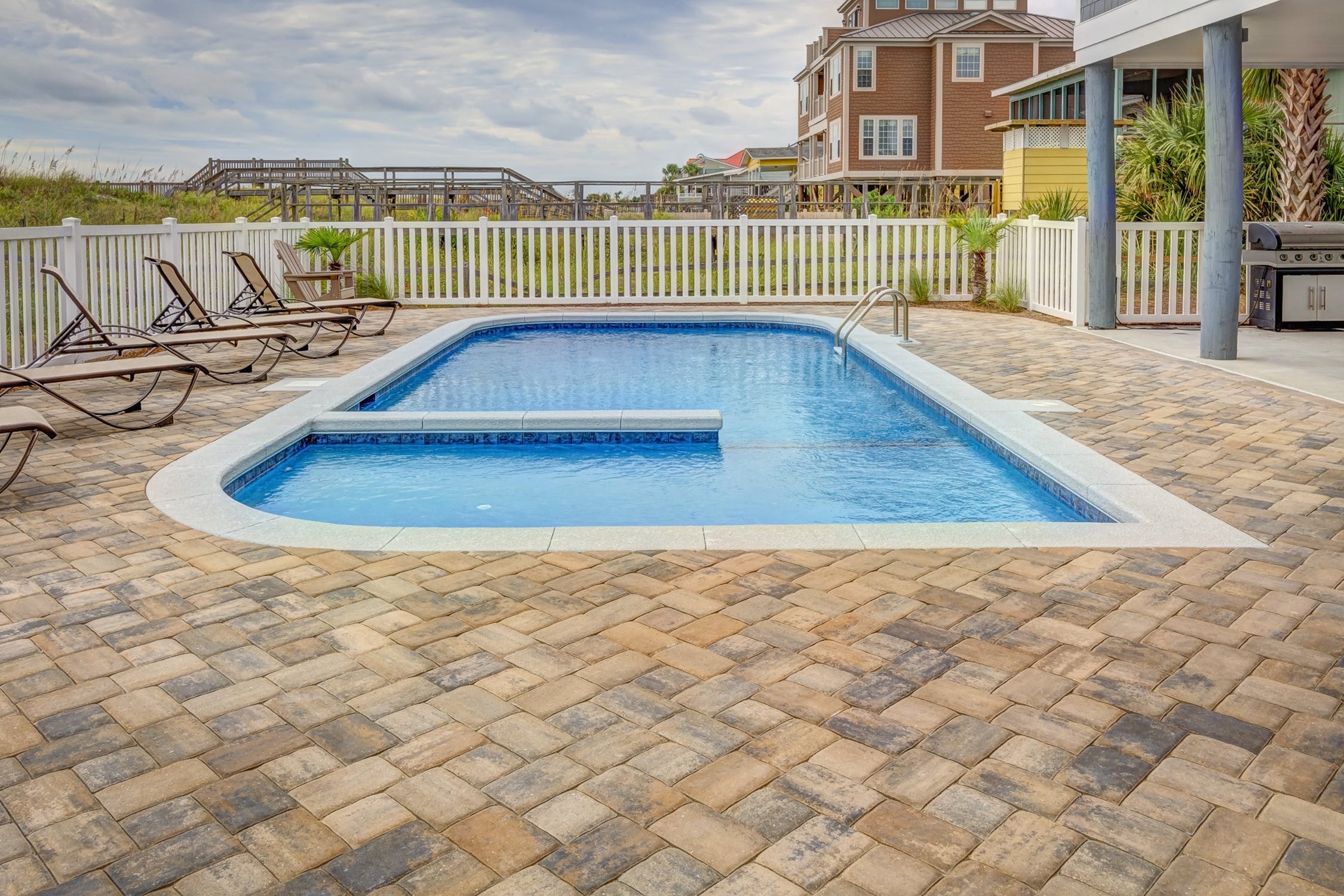
Send us a request
And get a unique offer
Sand
As soon as you eliminate the plants you can utilize stabilizing sand to prevent any roots from occurring. Before adding it, make sure that the walkway is dry and has no unwanted plants. The sand contents will let us determine the right installation method.
Some paving sands contain special essences that soon react with water, thus filling in the empty spaces between the walkway bricks. So, plants cease growing. Remember to follow the guidelines cautiously to check the substance is appropriately used.
Regular Sand
Putting landscaping regular sand in gaps between the rocks is more economical. However, sand will not destroy the plants in the stone joints. It likewise will not harm ants delving under the spaces amid the bricks.
-
If you opt for plain sand, be ready to repeat the process yearly as stormwater swiftly washes it away.
-
Besides, you will be frequently sweeping the sand off the walkway.
-
Professionals recommend using polymeric sand instead of plain one to keep your lovely driveway in good condition.
Polymeric Sand
This is a mixture of polymer–binder compounds and well-graded fine sand specially made for filling in the holes between stones, pavers, and natural hardscape rocks such as patios. The procedure can be done perfectly on a sunlit day when the stone surface is dry. Here’s how to apply this polymeric sand onto the brick joints.
-
Clean the surfaces of the bricks using a power washer and let them dry to avoid mess.
-
Cautiously sweep the polymeric sand into the formed spaces between the pavers.
-
Now you can spray your driveway with water. Thus, the polymer will absorb it and it will later harden in the gaps.
The toughened sand will for a time being cease plant growth amid the bricks. It will keep the stones in place, stopping rummaging bugs from building nests under the bricks.
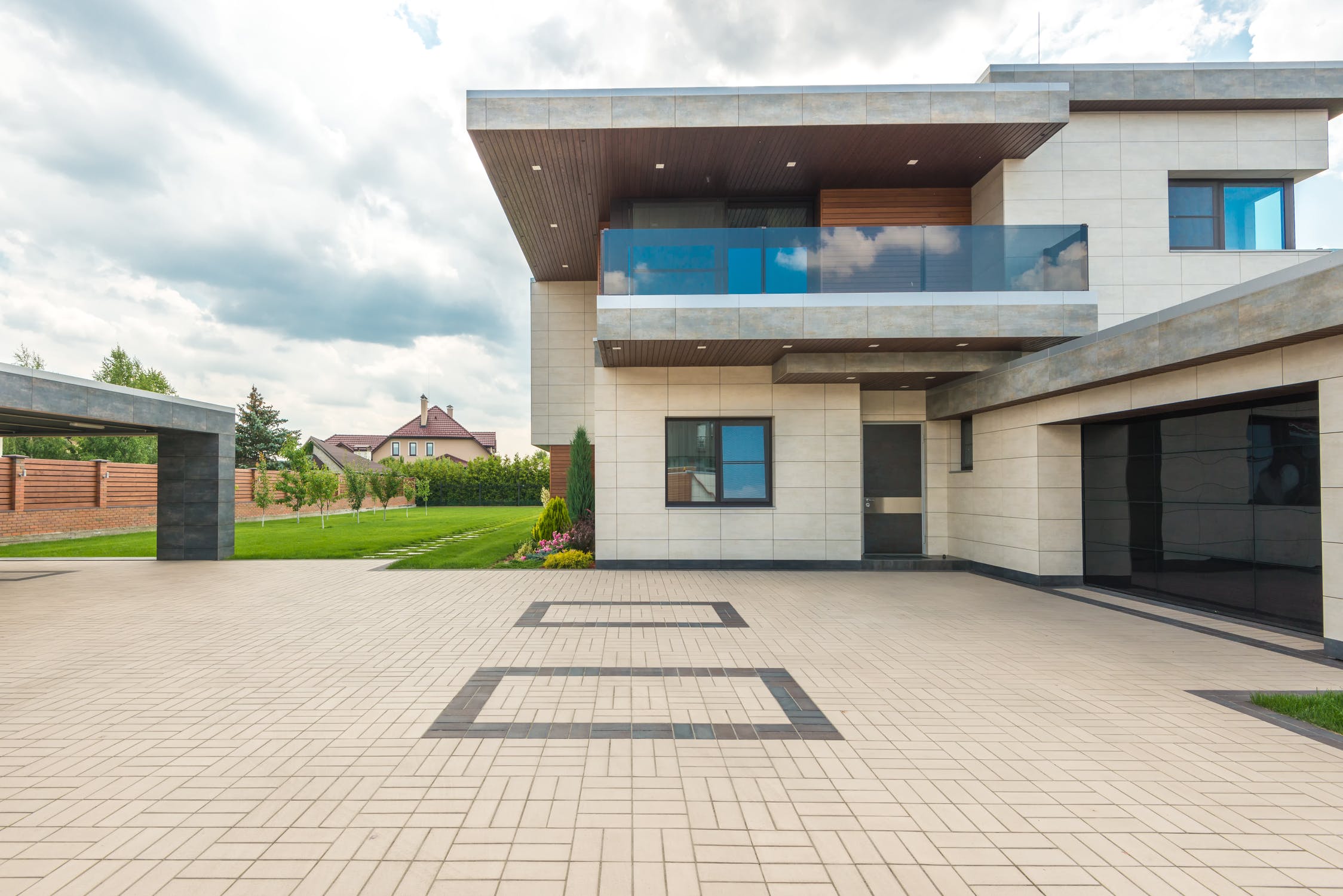
Cleaning
To enjoy the magnificent look of your house’s pavers, you have to take good care of them regularly. What routines are required to carry out paver driveway maintenance?
Power Washing
Keeping the bricks’ proper shape requires power washing. This procedure will easily remove the accumulated sand, dirt, and debris from the cracks. Remember to use a good surface cleaner as it will allocate the water pressure evenly to avoid breaking the pavers. Replace that soil with plain sand or better change it with a polymeric material. Its advantages are mentioned in the previous section of the guide.
Use the Broom
Sweeping pavers daily will prevent the accumulation of soil, and dust leaves on the stones. It will help avoid stains. It is a nice idea to sweep the paving bricks before the rain as this will simplify the cleaning work later on.
Give a Good Rinse
After sweeping stone pavers, it’s useful to perform a full rinsing with a garden hose to clear away the debris with soil remains.
How to Clean Walkway Pavers with the Cleaning Solution
-
Besides everyday sweeping, you can regularly wash the patio with your favorite cleaning solution and a simple sponge. It can be water plus a bar of old soap, or a soft cleanser, like Simple Green®.
-
Another powerful option for paver care is white vinegar plus water. Let this solution absorb properly into the surface for over an hour before washing it away. Note that dark vinegar will stain the coverage.
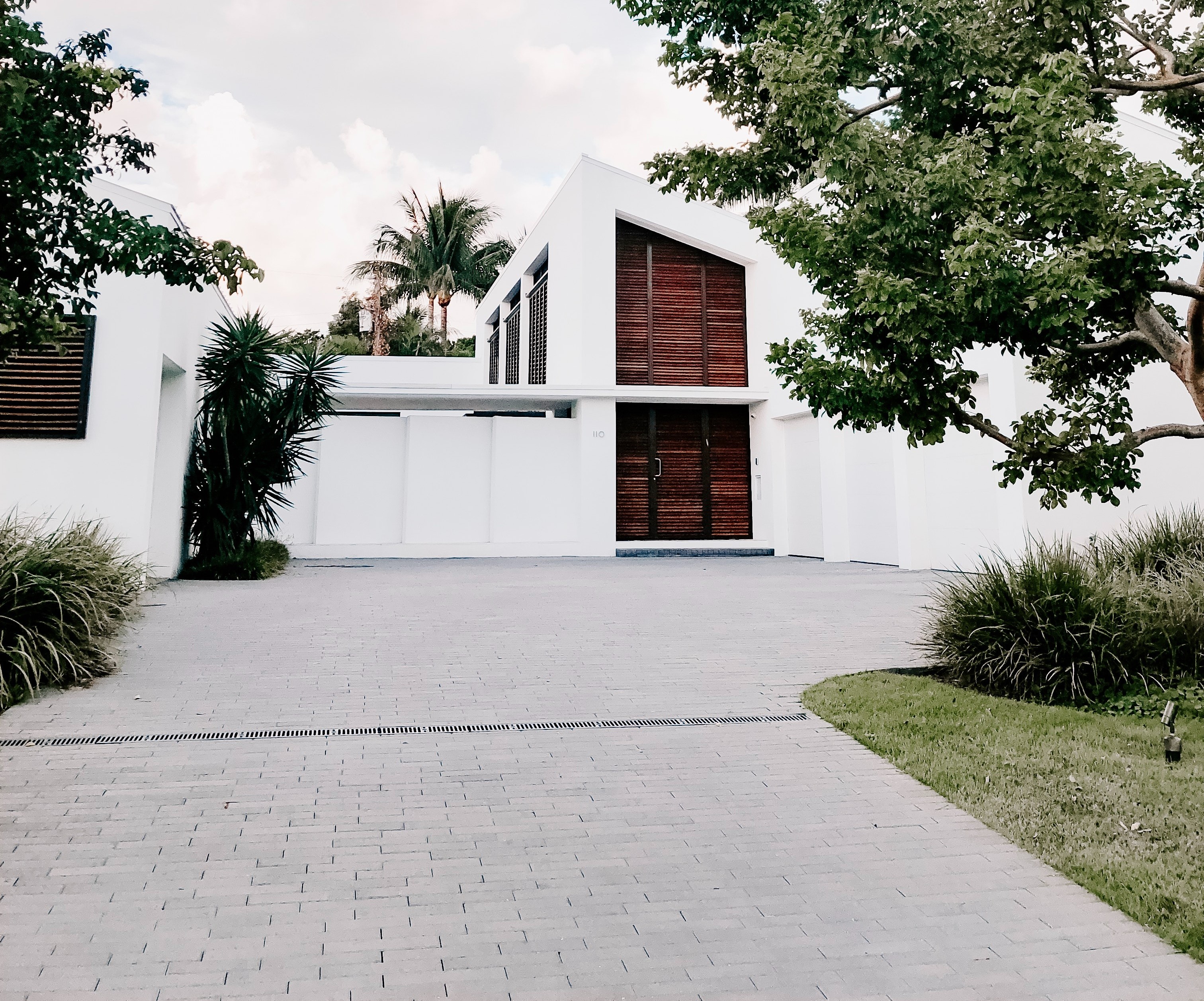
Prevent Weed Growth
A question arises, ‘How to care for a paver patio and fight against growing plants in the paver crevices?’ Wild plant growth in crevices is a challenge for many landowners. It’s unappealing and spoils the impression of your house’s overall appearance. Indeed, prevention is the best policy against unwanted plant growth. With easy regular maintenance, you can prevent this problem.
Polymer As Solution
If applied properly, the polymer will quickly turn into a stone-hard surface amid the stone cracks. This will stop moss growing for several years.
Regular Sweeping
As mentioned before, sweeping your walkway repeatedly will mess up the plant seeds before rooting, stopping their growth.
Make Proper Slope
Weeds need cool, and damp soil to survive. If the walkway is correctly sloped, water will simply run down and won’t remain motionless in the holes, stopping wild plants’ growth.
Accurate Installation
The major step in protecting your space is correct pavers’ installation. Once every stone is in place, place extra sand onto the holes. If unwanted plants are growing, still there are operative measures to take. It is useful to combine a couple of these tactics, to reach better results. Here’s how to solve this problem:
-
White Vinegar
-
Pressure Washing
-
Remove Mechanically
-
Manual Removal
Recap
Paver repair and maintenance should be carried out all year round, without waiting for the day when a stain or a layer of dirt appears on its surface. Prevention will not be excessive here; furthermore, it will extend the service life of the coating, preserve its shape and color saturation.
Get a quote for free!
Complete the form below, and we'll call you to
discuss your exact project requirements




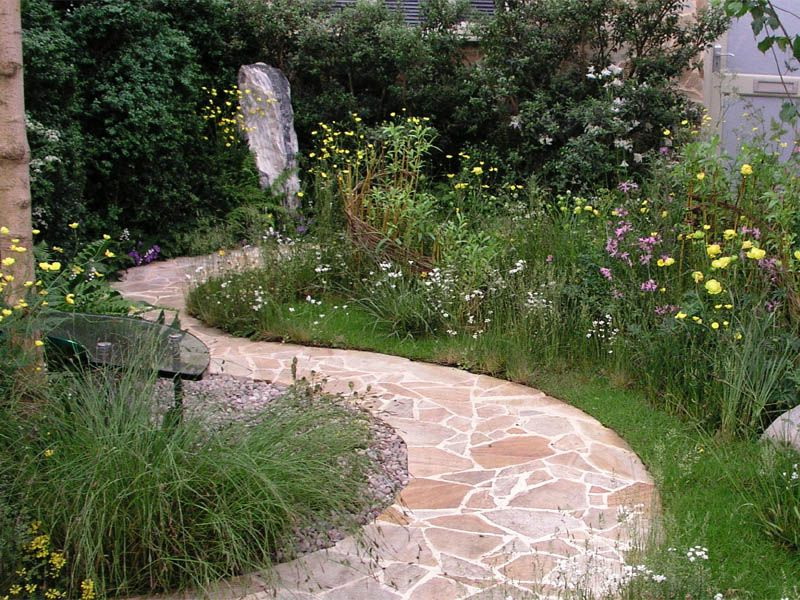


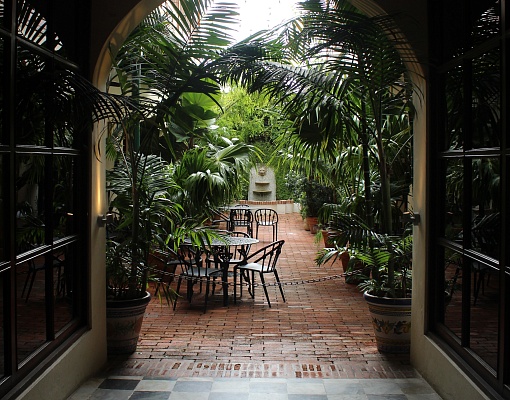

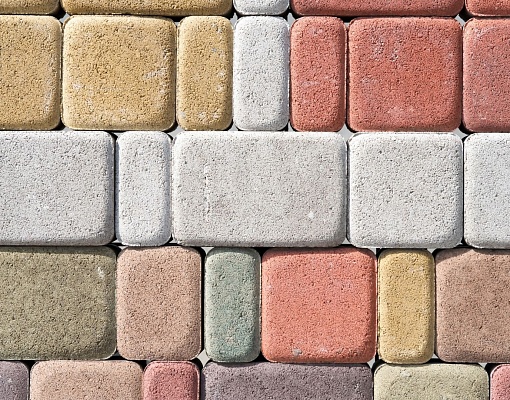

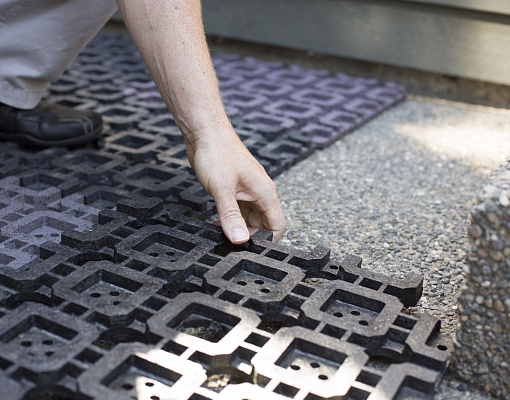
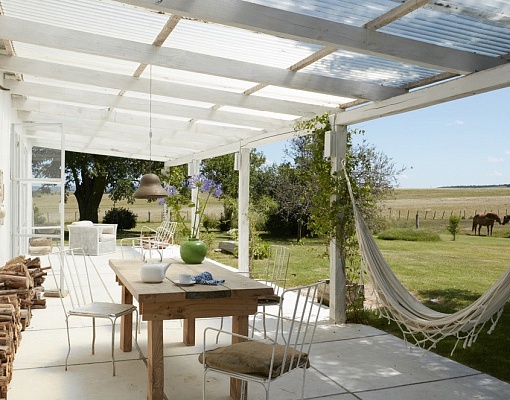
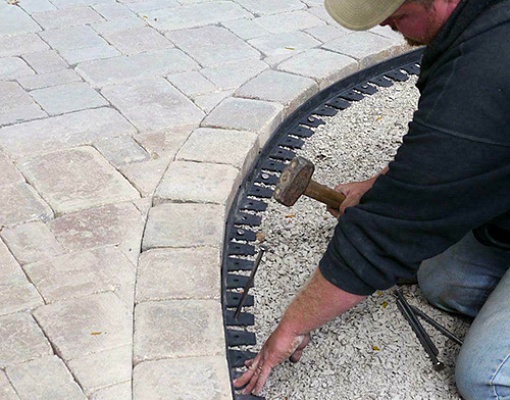
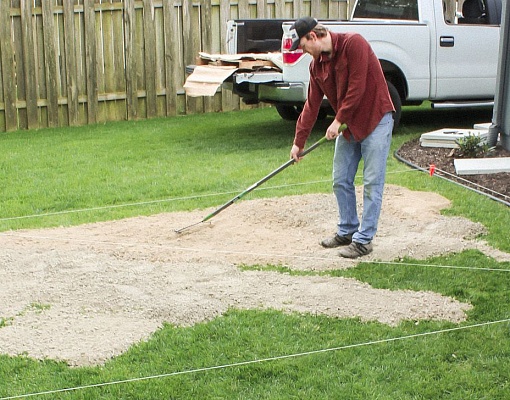
Leave a comment